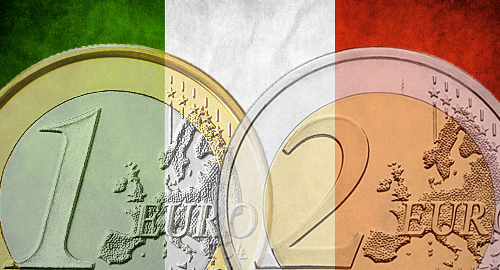 Italy’s gambling market has doubled in size over the past 10 years, according to the results of a new market survey.
Italy’s gambling market has doubled in size over the past 10 years, according to the results of a new market survey.
This week saw independent research body Eurispes release its Italy 2019 Report, which claims overall Italian gambling turnover hit €101.8b in 2017, more than doubling 2008’s turnover of €47.5b and nearly seven times 2003’s €15.5b. (Full report here, with gambling in Schedule 47).
Italian gamblers’ actual losses amounted to nearly €19b, around €10b of which went to the government in the form of taxes, leaving about €8.6b for Italian-licensed gambling operators.
A little over 28% of Italians copped to having engaged in some form of gambling for money. Around 18.3% of gamblers partook exclusively offline, while just 2% were purely online gamblers and nearly 8% were platform-agnostic.
Among those who gambled, scratch cards were the most popular form, notching an 85% participation rate, while other forms of lotteries occupied the next highest positions. Slightly more than half (52.7%) of gamblers engaged in sports betting, while horserace betting (24%) and land-based casinos (22%) were far less popular.
In terms of what gambling products Italians believe offer the most potential for harm, slots were ranked highest by 83.4% of respondents, followed by online gambling (78.3%), sports betting (71.8%), scratch cards (66.7%) and bingo (65.3%).
Despite near-daily headlines of Italian authorities busting illegal gambling operations, more than 70% of respondents claimed to have no knowledge of illegal gambling, while 22.3% said they were aware of it but didn’t partake, while a brave (and honest) 4.7% admitted to gambling with unauthorized operators.
(Speaking of, last week an Italian court ordered the forfeiture of €6m seized during the January 2018 arrest of Benedetto Bacchi. The so-called ‘betting king’ ran an illegal network of 700 data transmission centers, aka betting shops offering digital terminals connected to Malta-based gambling sites. But we digress…)
Italy’s regulated gambling market reported slowing growth in 2018 and growth is expected to continue slowing in 2019 thanks to the new ban on gambling advertising and higher taxes of both land-based and online operators.